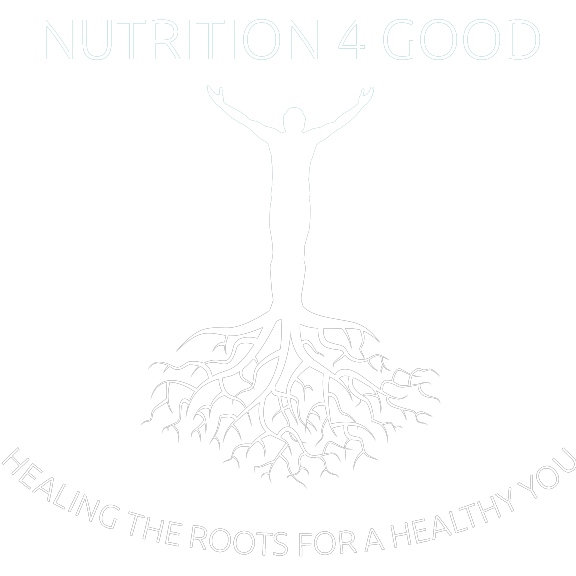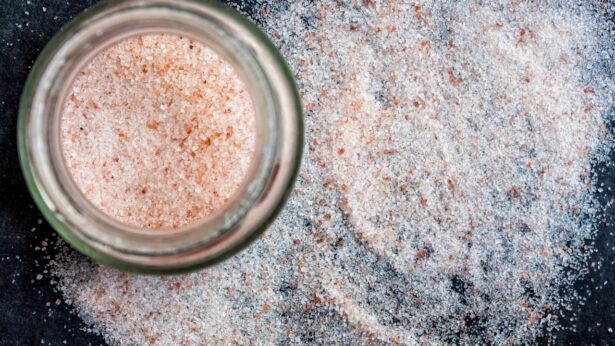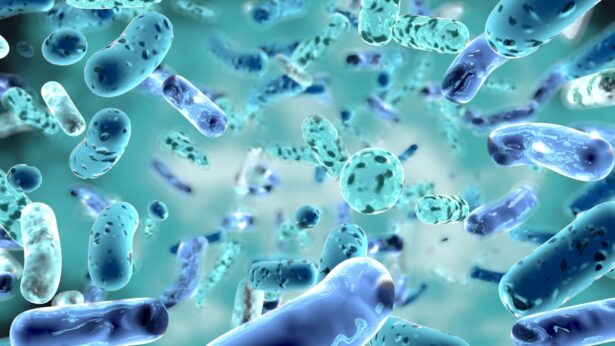It may sound negative but the outcome is positive. In a good health positive anyway.
Sugar is something we cannot ignore any more. In 1972, when British scientist John Yudkin first proved that sugar was bad for our health, he was ignored by the majority of the medical profession and rubbished by the food industry. We should have heeded his warning. Today, 1 in 4 adults in the UK are overweight. In the USA it is more like 2 out of 3 people are overweight.There is an epidemic of obese six month olds around the globe. Sugar consumption has tripled since World War II
In this graph goes back 300 hundred years and shows just one food substance where we have gone wrong. Using everyday language and a range of scientific evidence, Professor Yudkinexplores the ins and out of sugar, from the different types – is brown sugar really better than white? – to how it is hidden inside our everyday foods, and how it is damaging our health.
I think many of us know how sugar affects our body and health.
It can be difficult eliminating sugar as we are addicted to it. So it is not will power but changing your brain chemistry.
Dr Mark Hyman has a brilliant article about food addiction:
Here are some of the scientific findings confirming that food can, indeed, be addictive:
- Sugar stimulates the brain’s reward centers through the neurotransmitter dopamine exactly like other addictive drugs.
- Brain imagining (PET scans) shows that high-sugar and high-fat foods work just like heroin, opium, or morphine in the brain.(iii)
- Brain imaging (PET scans) shows that obese people and drug addicts have lower numbers of dopamine receptors, making them more likely to crave things that boost dopamine.
- Foods high in fat and sweets stimulate the release of the body’s own opioids (chemicals like morphine) in the brain.
- Drugs we use to block the brain’s receptors for heroin and morphine (naltrexone) also reduce the consumption and preference for sweet, high-fat foods in both normal weight and obese binge eaters.
- People (and rats) develop a tolerance to sugar—they need more and more of the substance to satisfy themselves—just like they do for drugs of abuse like alcohol or heroin.
- Obese individuals continue to eat large amounts of unhealthy foods despite severe social and personal negative consequences, just like addicts or alcoholics.
- Animals and humans experience “withdrawal” when suddenly cut off from sugar, just like addicts detoxifying from drugs.
- Just like drugs, after an initial period of “enjoyment” of the food the user no longer consumes them to get high, but to feel normal.
Then he gives a solution, very similar to what I teach my clients:
Overcoming Your Addiction to Sugar
Regulation of hormones and neurotransmitters that affect appetite and cravings is complex and involves many factors including how quickly food spikes our blood sugar, stress, getting enough sleep, nutritional deficiencies, chemicals such as artificial sweeteners, food sensitivities which drive inflammation, and more.
For those with personal struggles with food addiction, remember it is not a moral failing or lack of willpower. Here are a five suggestions I offer my patients to help them break their food addictions.
1. Balance your blood sugar: Research studies say that low blood sugar levels are associated with LOWER overall blood flow to the brain, which means more BAD decisions. To keep your blood sugar stable:
- Eat a nutritious breakfast with some protein like eggs, protein shakes, or nut butters. Studies repeatedly show that eating a healthy breakfast helps people maintain weight loss.
- Also, have smaller meals throughout the day. Eat every 3-4 hours and have some protein with each snack or meal (lean animal protein, nuts, seeds, beans).
- Avoid eating 3 hours before bedtime.
2. Eliminate sugar and artificial sweeteners and your cravings will go away:Go cold turkey. If you are addicted to narcotics or alcohol you can’t simply just cut down. You have to stop for you brain to reset. Eliminate refined sugars, sodas, fruit juices, and artificial sweeteners from your diet. These are all drugs that will fuel cravings.
3. Determine if hidden food allergies are triggering your cravings. We often crave the very foods that we have a hidden allergy to.
4. Get 7-8 hours of sleep. Research shows that lack of sleep increases cravings.
5. Optimize your nutrient status with crave cutting supplements




